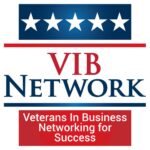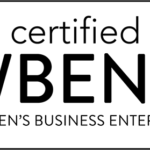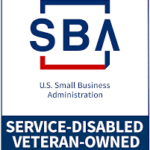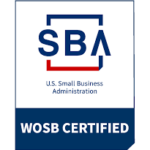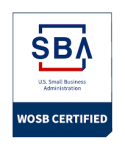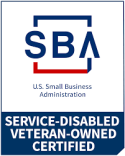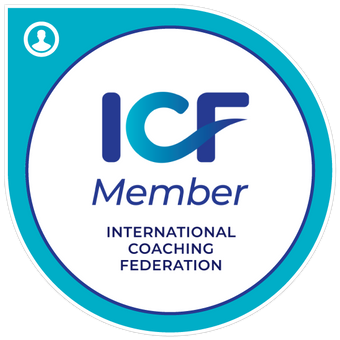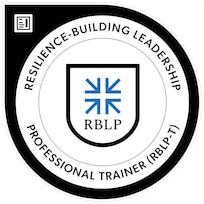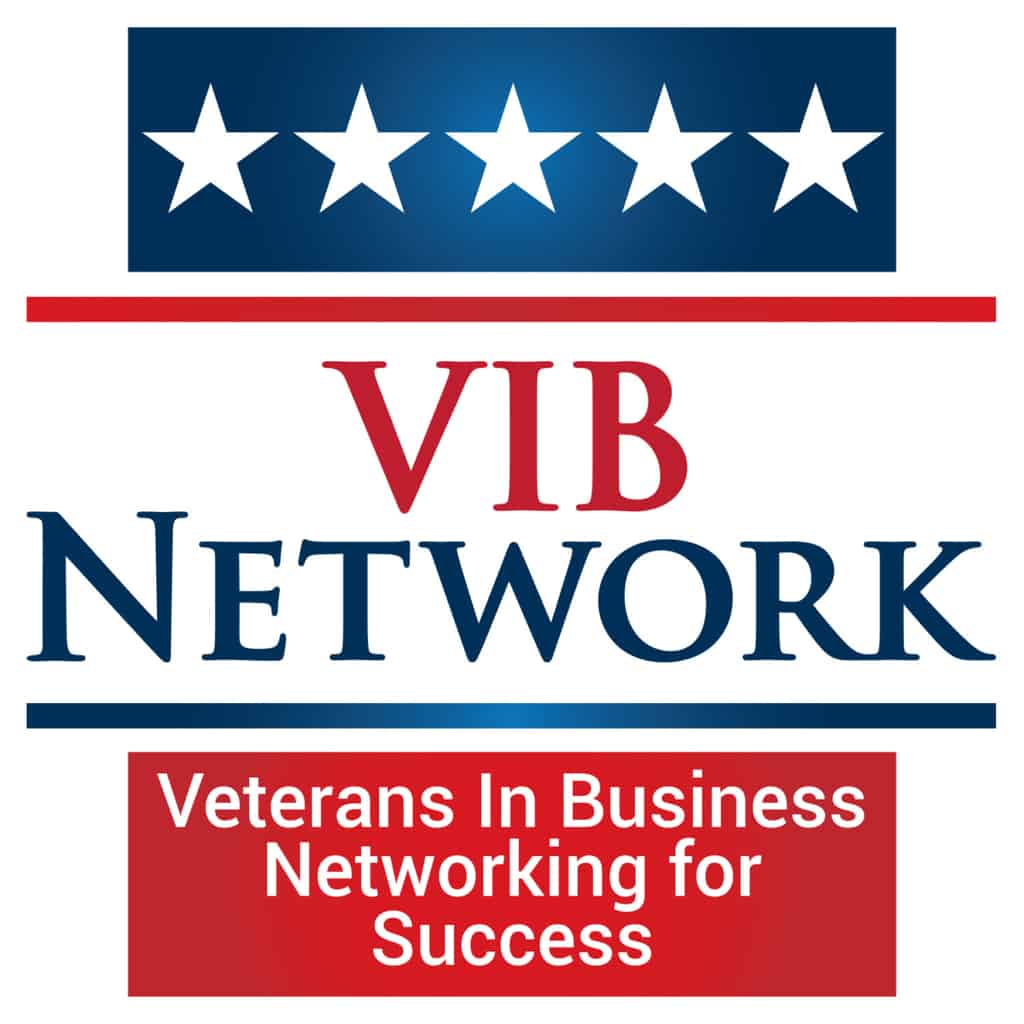Belonging is one of the deepest human needs. Everyone in the world desires to find a place where they can experience at least a sense of belonging. They will search for that place or that feeling until they do.
Which brings us to one of the biggest shifts in the workforce we’ve ever seen. If you’re in any kind of executive or management position, you’ve probably heard the phrase “The Great Resignation” by now.
If you haven’t, you can read more about it here.
The fact that four million people quit their jobs in April might have you worried about the future of your team. What will it look like in six months? Are your most talented team members going to bolster the statistics of this great resignation? How can you keep your top talent on your team?
The articles covering The Great Resignation reference things like higher pay, more time with family, and freedom. Workers are leaving their jobs because they are discovering that their work doesn’t align with their real values.
The COVID-19 lockdowns and shifts to remote work gave America’s, and the world’s, workforce the opportunity to do some soul searching. They realized that the way we’ve approached work and life in the modern era has grown stale. They’ve discovered that 50-60 hour weeks and missing family gatherings doesn’t have to be the norm.
They’ve seen a new reality and want to move forward into it. And they aren’t wrong for wanting to do so.
However, where does that leave you? How can you move into the new reality with the workforce? How do you convince your team to continue being your team?
Can you pay higher wages? Maybe you can, and maybe you can’t.
Can you offer more PTO? Possibly.
What can you do if neither of these (or any of other things post-COVID employees want) are viable options?
I believe that The Great Resignation is a sign of the deeper human need of belonging. Workers want more time with the people who make them feel as if they belong: their family and their friends. They want the freedom to pursue their own passions. They want to fulfill their own visions.
What do four million resignations signify?
That workers don’t feel as if they belong at their jobs. If the need for belonging was being met at work, they would not feel the desire to leave as strongly. If they felt they believed in the vision of the organization, they wouldn’t be as quick to leave to pursue their own.
It goes back to the famous management quote “People don’t quit jobs.
They quit bosses.”
So, as a leader, you need to be asking yourself the questions, “What can I do to create belonging on my team?” “How can I help my team align with the vision of the company?”
I think a simple strategy to achieve both is to invest in your team.
Belonging and alignment are created where growth is achievable.
We stay in the relationships that allow us to grow and change without losing the approval of the other person.
We go to the gym and get in better shape because the environment has been cultivated to encourage growth and change.
Leaders need to realize that they set the culture for their organizations and the teams inside them. That means you have the opportunity to build a culture where you encourage the growth and advancement of everyone on your team.
This is no longer just an opportunity. In the face of The Great Resignation, it has become a necessity.
So, I ask you, what are you doing to encourage the growth of your team members? How are you cultivating an environment of belonging?
Both of these questions are answered by how much you are willing to invest in your team.
What resources have you made available to them?
At XcelMil, we understand that employees are human, and we seek to meet the human needs of growth and belonging through an extensive library of continuing education courses.
You can view our selection of courses here.
Sincerely,
The XcelMil Team
Book a consultation with us now! Please do not hesitate to contact us with any questions. We would love to hear from you. Email at [email protected].
Click here https://xcelmil.com/xcelmil-coaching-and-consulting-services/ to learn more about our services.
Twitter: https://twitter.com/GraticMelody
LinkedIn: https://www.linkedin.com/in/melodygraticconsulting/
XcelMil, LLC is a certified Minority-Woman and Service-Disabled Veteran-Owned Small Business specializing in Executive Management Consulting and Leadership Development Training.




 We are visual beings (yes, you and me). In fact,
We are visual beings (yes, you and me). In fact,  The second component of the behavioral strategies for self-leadership is self-goal-setting. Goal-setting experts assert that we are biologically designed to set goals for ourselves. To live is a process that depends on action; if we did nothing, we would die. The self-leader sets and attains goals not just to survive but to thrive. Do you have a specific goal toward which you’re actively working?
The second component of the behavioral strategies for self-leadership is self-goal-setting. Goal-setting experts assert that we are biologically designed to set goals for ourselves. To live is a process that depends on action; if we did nothing, we would die. The self-leader sets and attains goals not just to survive but to thrive. Do you have a specific goal toward which you’re actively working? The next group of behavioral strategies for self-leadership is self-reward and punishment. Let’s first clarify that the self-punishment aspect is meant to entail learning from one’s experiences, achieving greater understanding, and incorporating self-feedback. There is no place for harsh self-criticism in SL. Self-rewards for goal attainment or a job well done can be intrinsic or extrinsic. If a mental pat on the back is all you need to celebrate an achievement, great. If a massage sounds better, by all means, indulge.
The next group of behavioral strategies for self-leadership is self-reward and punishment. Let’s first clarify that the self-punishment aspect is meant to entail learning from one’s experiences, achieving greater understanding, and incorporating self-feedback. There is no place for harsh self-criticism in SL. Self-rewards for goal attainment or a job well done can be intrinsic or extrinsic. If a mental pat on the back is all you need to celebrate an achievement, great. If a massage sounds better, by all means, indulge.
